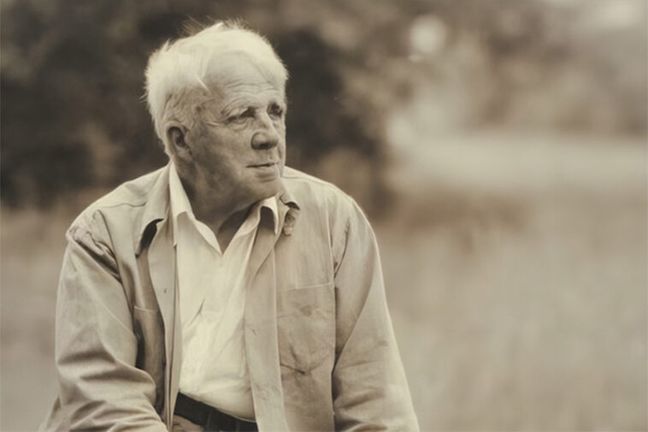In Barriga Figueroa v. Prieto Mariscal (2019) 441 P.3d 818, the Washington Supreme Court addressed the following question: Is a personal injury protection (“PIP”) application submitted to an insurance company on behalf of a pedestrian injured by the insurance company’s primary insured privileged work product? The answer: Yes.
Facts
Consuela Prieto Mariscal accidentally struck a child on the side of the road with her minivan. The child, Brayan Barriga Figueroa (“Brayan”), sustained serious injuries. Police procured statements from the driver and her passenger. For reasons not discussed in the case opinion, police did not obtain statements from Brayan or his mother, Monica Diaz Barriga Figueroa.
Several weeks after the accident, Ms. Barriga Figueroa went to a law firm to seek help for her son. She met with a legal assistant who provided her with a blank PIP application form. Ms. Barriga Figueroa signed the form as Brayan’s legal guardian. The legal assistant later filled in the form with information gleaned from statements in the police report, specifically, statements of the driver, Ms. Prieto Mariscal, and her passenger.
The law firm submitted the PIP form to Ms. Prieto Mariscal’s insurance carrier. Thereafter, Ms. Barriga Figueroa filed a personal injury lawsuit against Ms. Prieto Mariscal on Brayan’s behalf. During the course of the lawsuit, counsel for Ms. Prieto Mariscal somehow obtained a copy of the PIP form, and exploited the form’s contents at every possible opportunity during trial. The Court allowed this to take place despite repeated objection by Brayan’s counsel. The defense’s use of the PIP form proved to be extremely prejudicial to plaintiff’s case because the form’s description of events concerning the subject accident contradicted the trial testimony of Brayan and Ms. Prieto Mariscal. This destroyed Brayan’s and Ms. Prieto’s credibility.
The jury returned a defense verdict and Brayan appealed on the bases: (a) the trial court erred in allowing Ms. Prieto Mariscal to introduce the PIP application as evidence; (b) the PIP form is privileged work product; and (c) the admission of the PIP application unduly prejudiced Brayan’s case. The Court of Appeals agreed, and reversed and remanded the matter for a new trial. Thereafter, Ms. Prieto Mariscal petitioned to the Washington Supreme Court for review.
Ruling
Affirmed and remanded for a new trial. The PIP application constitutes privileged work product, which should not have been admitted as evidence. The reason being: Washington’s PIP insurance coverage confers on third parties (such as a pedestrian like Brayan) insured status under the primary insured’s policy. Given this status, Ms. Prieto Mariscal’s insurance carrier owes the same quasi-fiduciary duties to Brayan as it does to Ms. Mariscal. As such, Brayan is entitled to enjoy protection from disclosure of work product submitted to the insurance carrier in anticipation of litigation. The subject PIP form was unquestionably prepared in anticipation of litigation. Whether the document was prepared by an attorney or non-attorney is of no consequence.
Takeaway
Check to see if there is PIP coverage on your primary insured’s policy before you consider sending a copy of a third-party PIP’s application form to anyone other than the applicant. Also, speak with coverage counsel to confirm whether the PIP applicant qualifies as an insured under the insurance policy in question.


 Author: Emily Straub
Author: Emily Straub
 Audish v. Macias Builds Upon the Foundation Started in Howell v. Hamilton Meats & Provision, Inc. By Affirming the Admissibility of Medicare...
Audish v. Macias Builds Upon the Foundation Started in Howell v. Hamilton Meats & Provision, Inc. By Affirming the Admissibility of Medicare...
 My New Year’s Resolutions at Work
My New Year’s Resolutions at Work
 Barking Up the Wrong Policy
Barking Up the Wrong Policy
 California Civil Procedure Code Section 998 – a Means to An End
California Civil Procedure Code Section 998 – a Means to An End
 May or Must: California and the Ninth Circuit Applies Grammar Rules for FMLA
May or Must: California and the Ninth Circuit Applies Grammar Rules for FMLA
 Par For the Course
Par For the Course
 Shining Light on Phantom Medical Bills–Lessons from Washington on Using Federal Hospital Price Transparency Rules to...
Shining Light on Phantom Medical Bills–Lessons from Washington on Using Federal Hospital Price Transparency Rules to...
 When Roads Diverge in the Wood: the Power of Risk in Building a Fulfilling Career and Stopping Nuclear Verdicts®
When Roads Diverge in the Wood: the Power of Risk in Building a Fulfilling Career and Stopping Nuclear Verdicts®
 Ask Atty: Scott Ruksakiati
Ask Atty: Scott Ruksakiati
 Telemedicine: An Invaluable Weapon During the COVID-19 Crisis
Telemedicine: An Invaluable Weapon During the COVID-19 Crisis
 Physician Burnout: An Ongoing Crisis Increasing the Risk of Medical Malpractice Claims
Physician Burnout: An Ongoing Crisis Increasing the Risk of Medical Malpractice Claims
 New York Case Law Update
New York Case Law Update
 New Law Affecting the Scope of Confidential Settlement Agreements in Nevada
New Law Affecting the Scope of Confidential Settlement Agreements in Nevada
 California Case Law Update
California Case Law Update
 Colorado Case Law Updates
Colorado Case Law Updates
 The Scope of Legal Malpractice Damages
The Scope of Legal Malpractice Damages